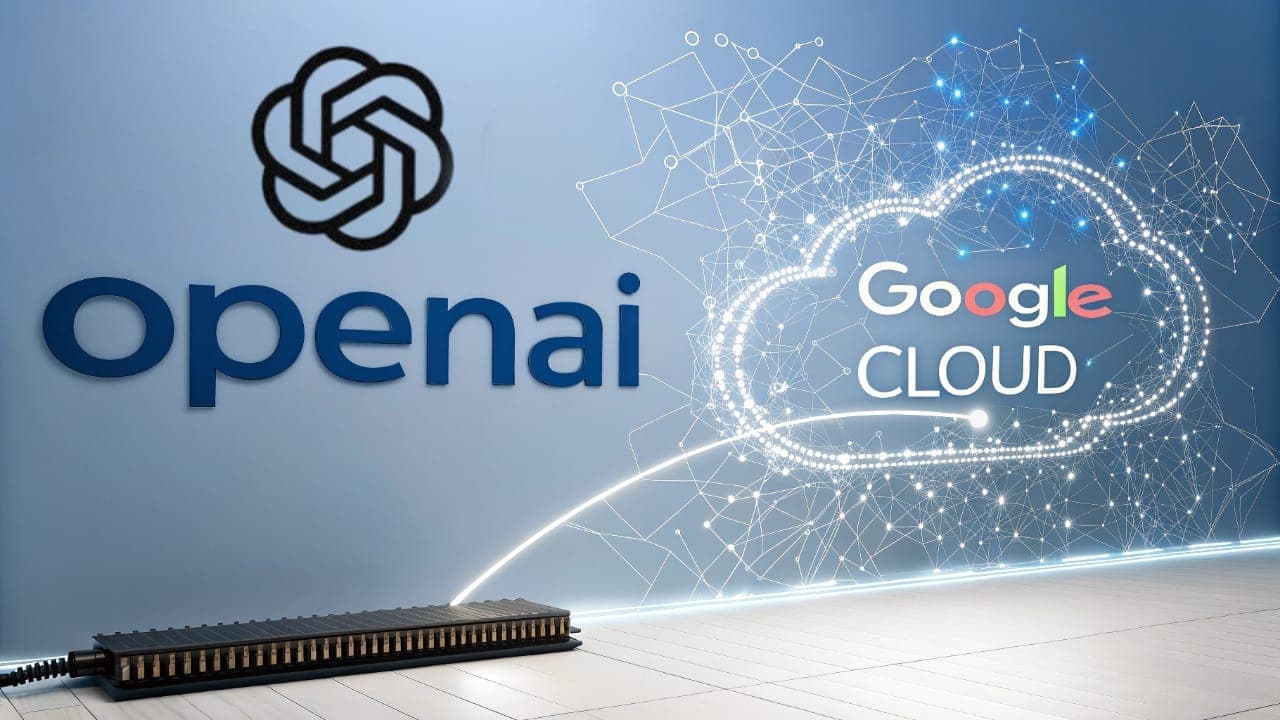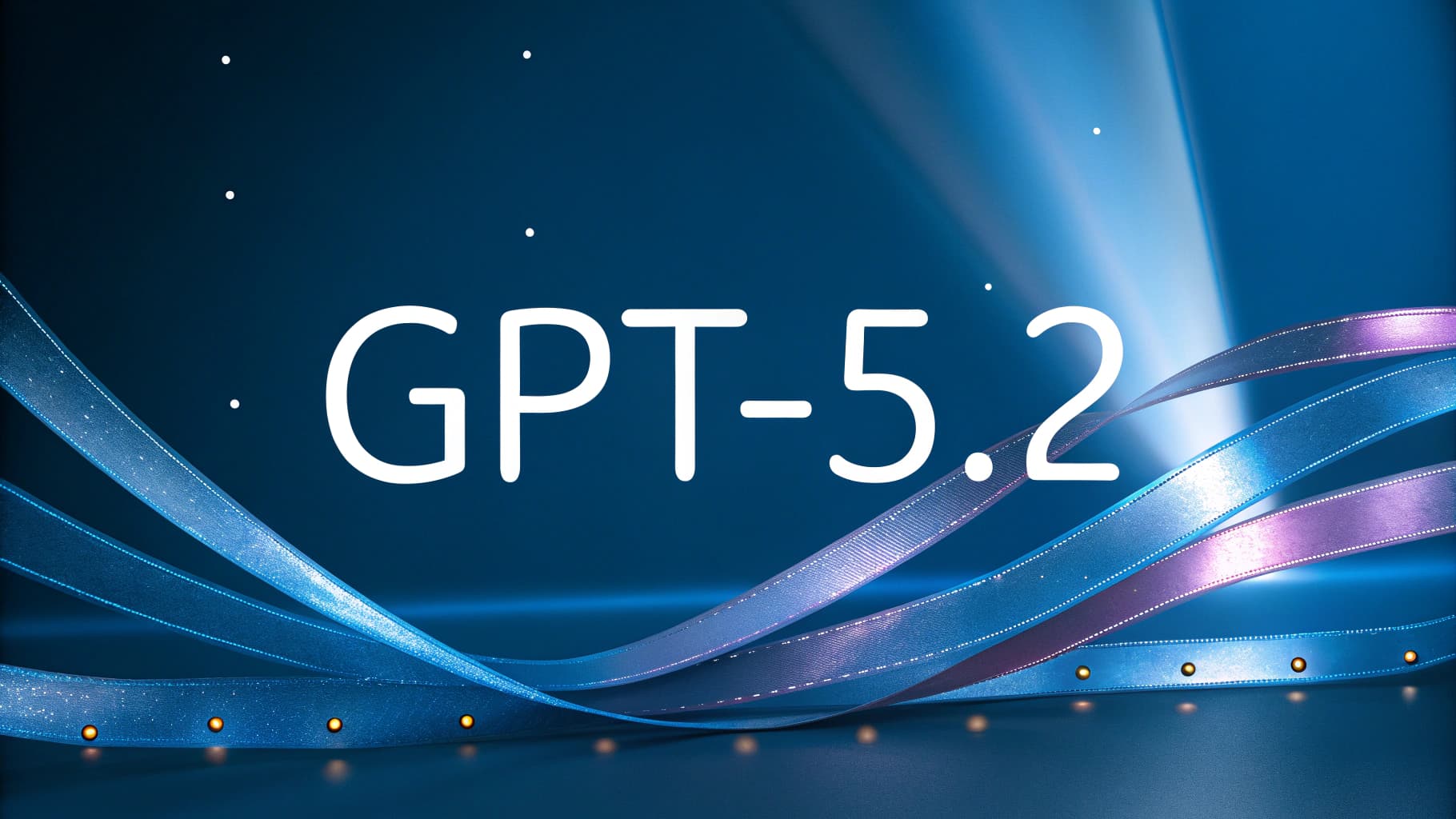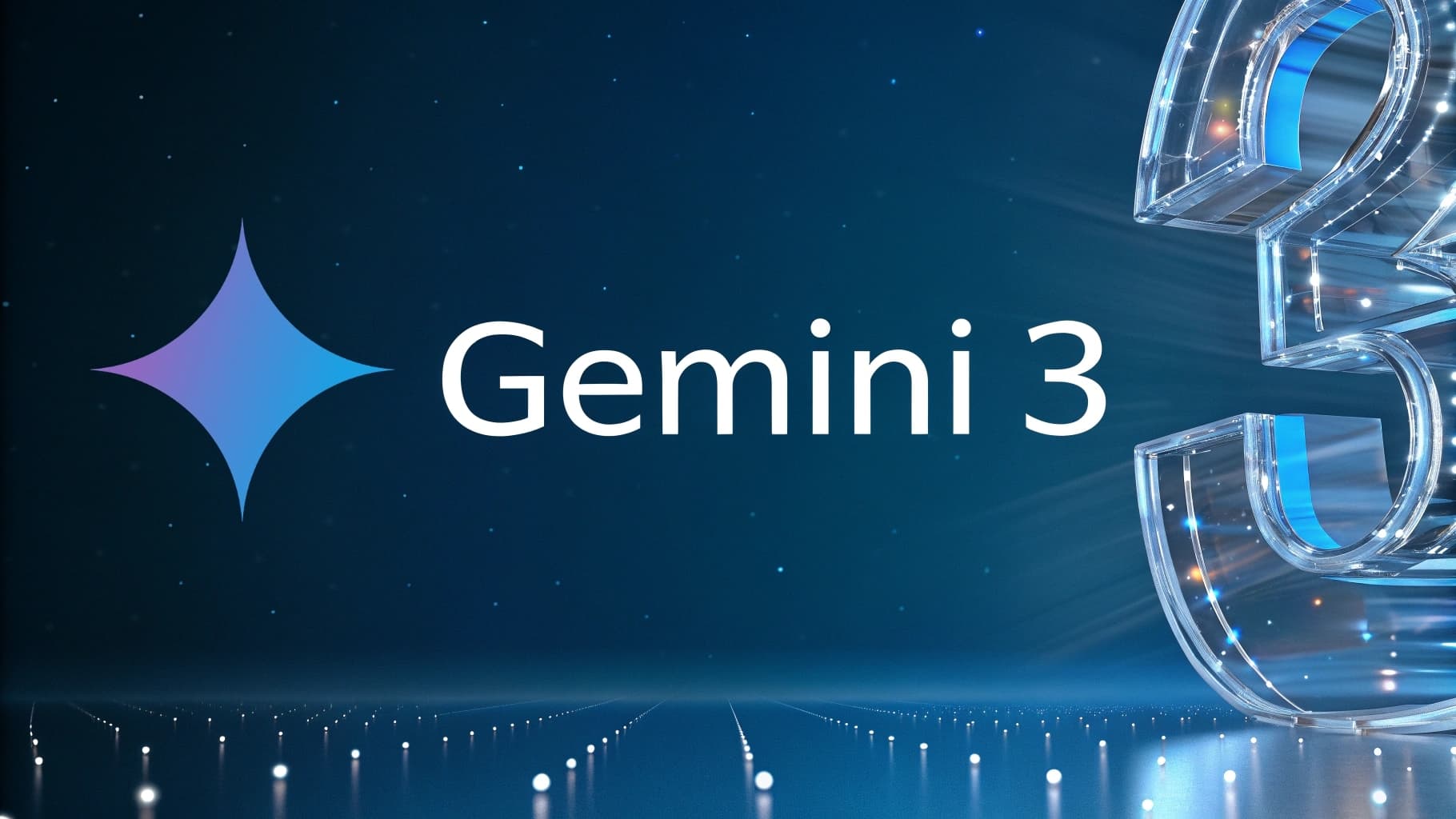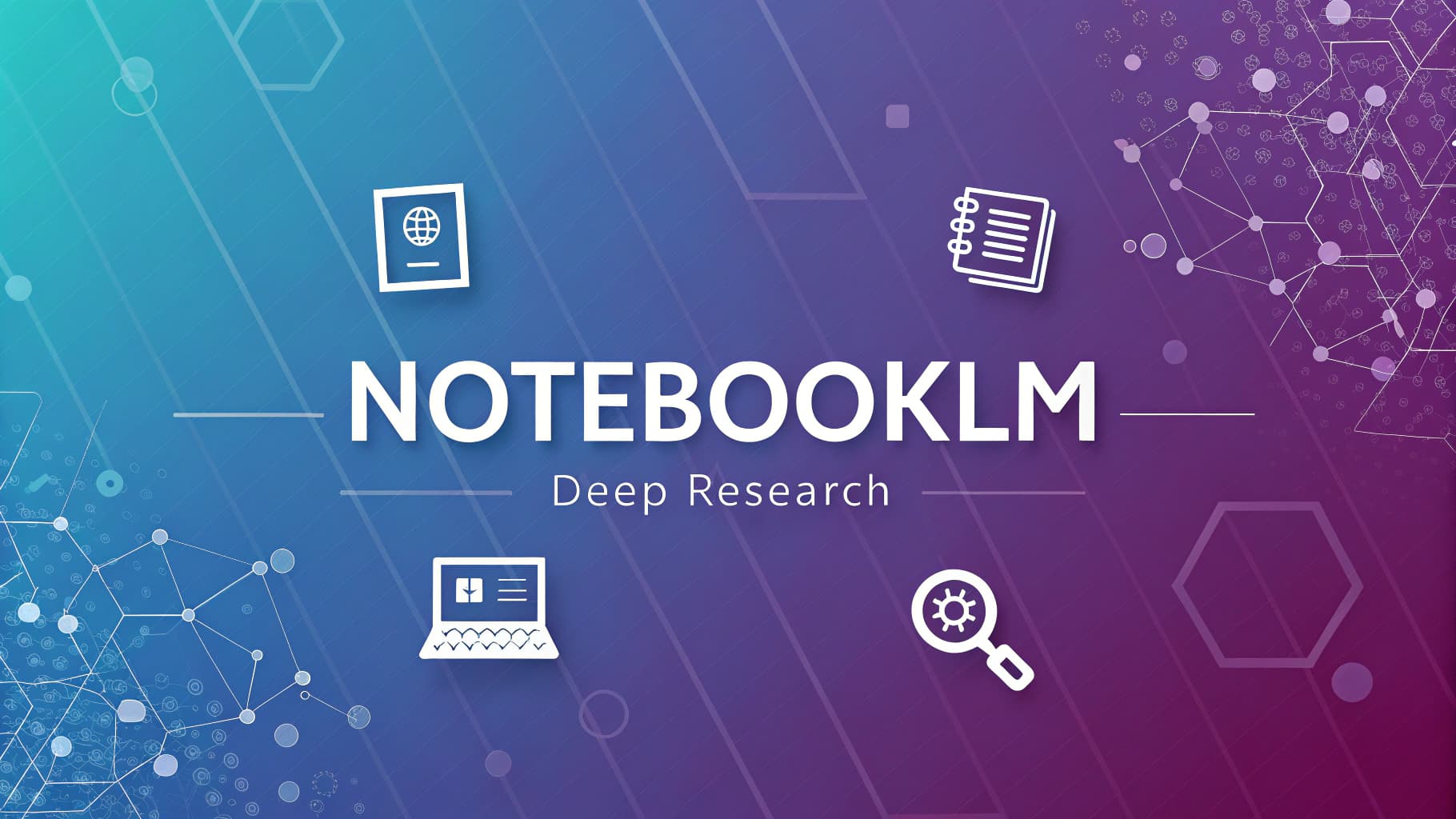
Despite Rivalry, OpenAI Taps Google Cloud in Unprecedented Deal
In a surprising move that has sent shockwaves through the tech industry, insiders have revealed that OpenAI, the developer of leading AI models, has struck a deal with Google to leverage its cloud computing capabilities.
The partnership emerges amid intense competition between the two companies in the AI space and underscores the immense demand for computational resources required to train and operate advanced models.
Sources reported that the deal was finalized last May after several months of negotiations.
OpenAI’s goal with this partnership is to diversify its sources of compute power, reducing its reliance on Microsoft, its primary backer and former exclusive cloud provider until January. The move is also crucial for supporting the company’s massive undertakings, like the ambitious “Stargate” project, and meeting its expanding commitments, particularly as it projects reaching $10 billion in annual revenue by June 2025.
A Partnership that Bolsters Google Cloud
On the other side, the deal represents a major victory for Google’s cloud unit, securing a marquee client in the heart of the AI industry.
Google is actively leveraging its advanced in-house technologies-from hardware like Tensor Processing Units (TPUs) to software-to accelerate the growth of its cloud business, which posted $43 billion in revenue last year.
It’s worth noting that Google positions itself as a neutral provider of computational resources, especially for AI startups.
Competition Between Google and OpenAI
This alliance unfolds as Google’s own AI unit, DeepMind, competes fiercely with OpenAI.
To secure its computational needs, OpenAI’s efforts extend beyond Google. The company has previously forged strategic partnerships with Oracle and SoftBank to support its $500 billion “Stargate” project.
Furthermore, OpenAI has secured multi-billion dollar deals with the specialized cloud infrastructure firm CoreWeave.
Meanwhile, Google faces its own set of challenges. The company announced plans to spend nearly $75 billion this year on AI-related investments, facing market pressure to deliver financial returns on these massive expenditures.
Google’s CFO previously acknowledged a shortfall in available cloud capacity to meet customer demand in the first quarter, a situation that broadly reflects the surging demand for compute resources in the age of AI.
Market Reaction to the Deal
The news of this partnership was met with a mixed reaction on the stock market. Shares of Alphabet, Google’s parent company, saw a slight increase, while Microsoft’s stock experienced a minor dip.
Analysts described the move as “somewhat surprising,” highlighting the growth opportunities it could bring to Google’s cloud division, even as concerns persist about the threat OpenAI’s models pose to Google’s core search business.




